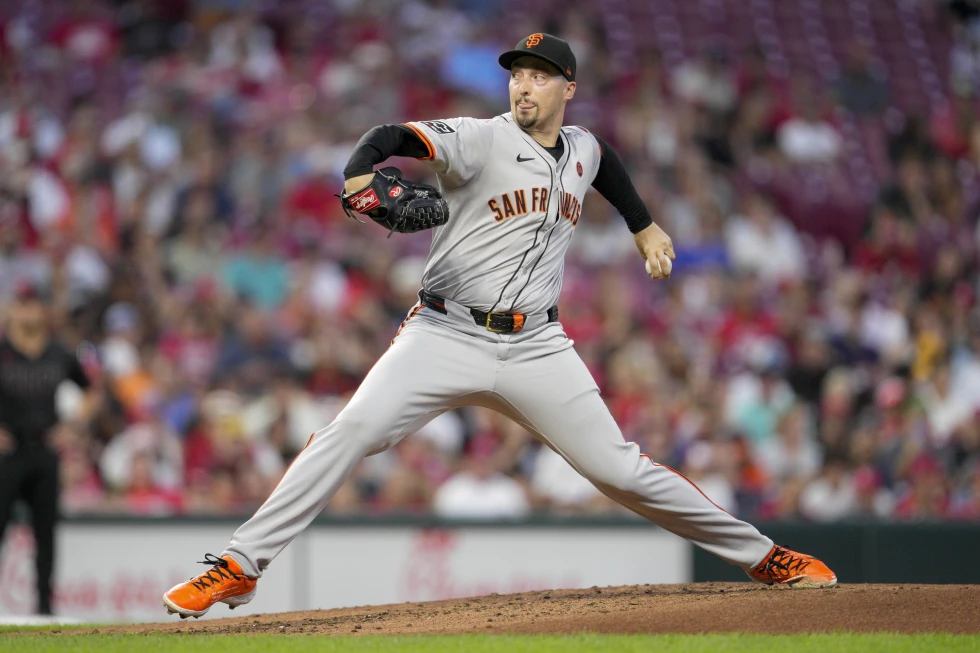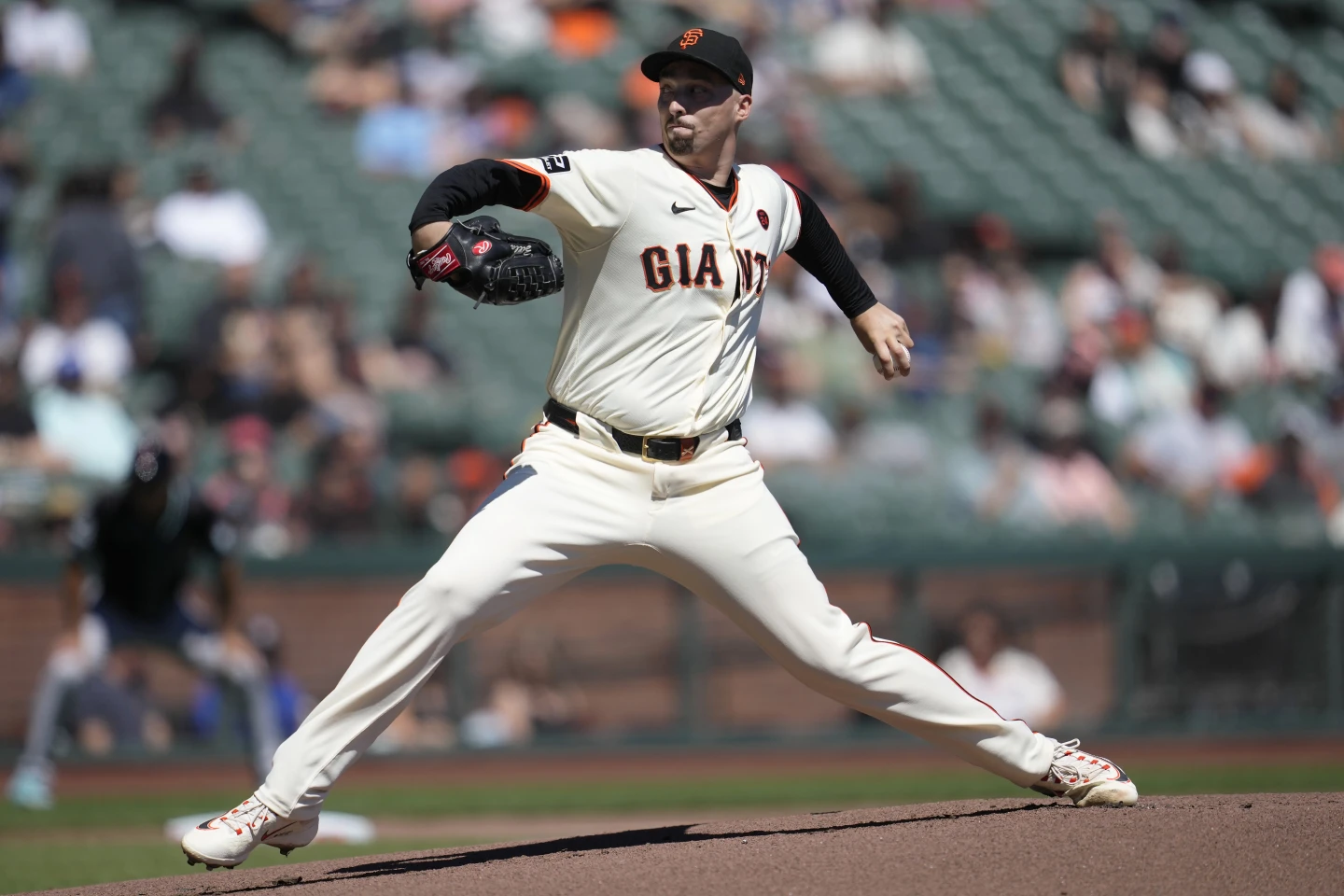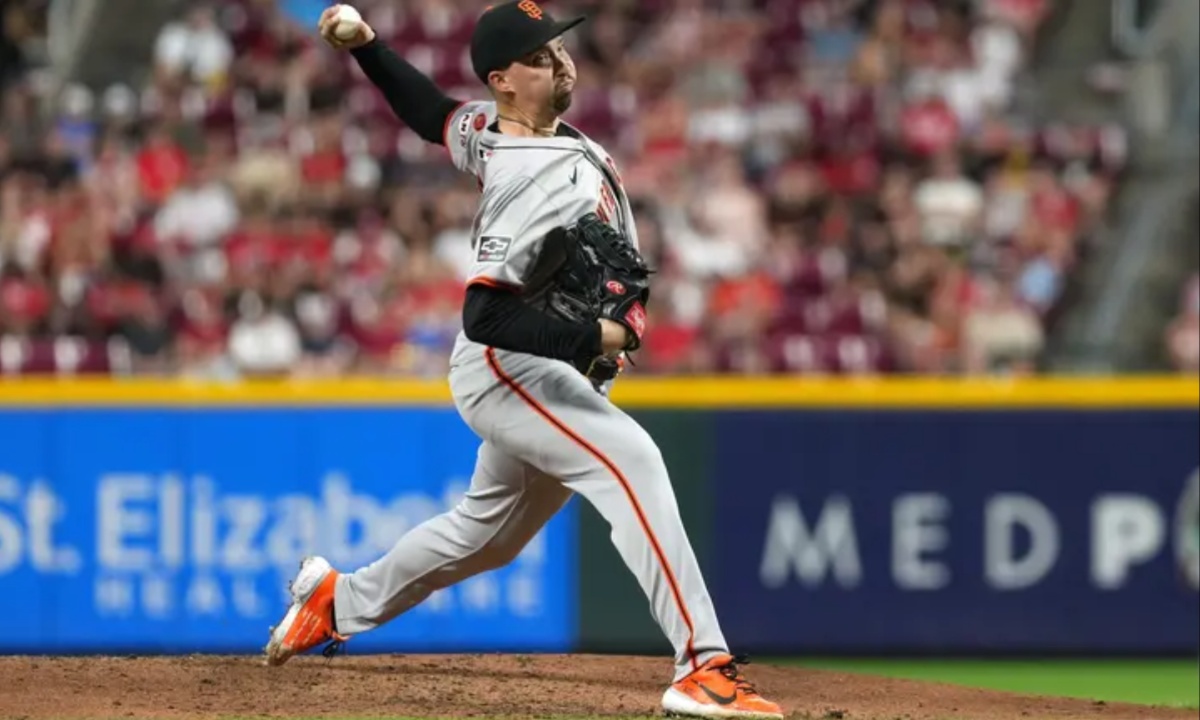The Los Angeles Dodgers’ obligations for deferred payments have now exceeded $1 billion after the contracts for Blake Snell and Tommy Edman. These deals add up to $1,006,500,000 that the team owes to seven players from 2028 to 2046.
Snell’s $182 million contract, announced on Saturday, includes $66 million in deferred payments, which will be paid to him through July 1, 2046. Edman’s $74 million, five-year deal, announced on Friday, includes $25 million that will be paid to him through July 1, 2044.
“It’s just how you account for it,” Dodgers president of baseball operations Andrew Friedman explained on Tuesday. “You have to fund a lot of it right now, and having that money go to work for you, we have — a lot of our ownership group are from financial backgrounds and can have that money going to work right now, and just making it — not something that sneaks up on us. We’re not going to wake up in 2035 and (say): ‘Oh my God, that’s right. We have this money due.’ We’ll plan for it along the way.”

Snell’s contract has an average that’s reduced to about $31.4 million annually for the Dodgers’ luxury tax payroll, and Edman’s average is about $12.9 million.
Snell’s deal includes a $52 million signing bonus, payable on January 25. His annual salary is $26 million, with $13.2 million deferred each year. This deferred money will be paid in equal installments every July 1 from 2035 to 2046.
“It just played out the way that people around me felt comfortable with,” Snell said. “I felt comfortable with. They felt comfortable with. We talked. Found something that could work for both of us and it’s kind of how we went with it. But, yeah, I’m more focused on playing than money.”
The Dodgers also have a $10 million conditional option for 2023, which could be exercised if Snell suffers a qualifying injury and stays on the injured list for 90 or more days. If Snell is traded, the new team will pay a $5 million assignment bonus.
Edman’s contract includes a $17 million signing bonus, payable on December 10, a $5 million salary for next year, and $12.25 million in each of the final four seasons, with $6.25 million deferred annually. The Dodgers have a $13 million option for 2030 with a $3 million buyout.
The deferred money for Edman will be paid in three installments each year, with each payment due on July 1:
- For 2026, $2.5 million will be paid in 2035 and 2036, with $1.25 million in 2037.
- For 2027, $1.25 million will be paid in 2037, and $2.5 million in 2038 and 2039.
- For 2028, $2.5 million will be paid in 2040 and 2041, with $1.25 million in 2042.
- For 2029, $1.25 million will be paid in 2042, and $2.5 million in 2043 and 2044.
Both Snell and Edman will donate 1% of their salary to charity.
Shohei Ohtani, the two-way star, is set to receive $680 million from 2034 to 2043 as part of his record-breaking $700 million, 10-year contract that runs through 2033.
Friedman explained, “I think the Shohei one was just very extreme. But if you set the Shohei contract aside, the rest are all within the norm and standard operating procedure that a lot of teams have done. But I think the Shohei one is just jarring to people because it’s so different and I think that the others just unfairly get lumped into that, but I think it’s kind of a lazy narrative.”

Several other players are also owed deferred money, including infielder/outfielder Mookie Betts, who is due $115 million in salaries from 2033 to 2044, as part of his $365 million, 12-year deal.
First baseman Freddie Freeman is owed $57 million from 2028 to 2040 as part of his $162 million, six-year contract. Catcher Will Smith will receive $50 million from 2034 to 2043 as part of a $140 million, 10-year deal. Outfielder Teoscar Hernández is owed $8.5 million from 2030 to 2039, as part of his $23.5 million, one-year contract for 2024.
Friedman noted, “I think a little bit with having a number of our kind of star players with deferrals, I think has made it something that guys have no issue with and in some cases may even desire. At times where we’ve gotten to a little bit of an impasse on a deal and either their side’s brought it up or us, at times it’s really helped provide — helped close that last mile.”
